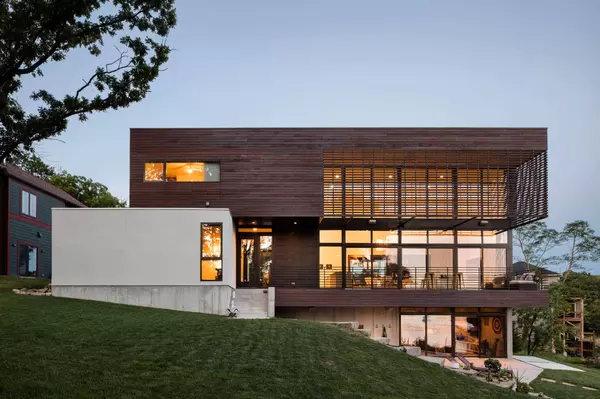When is the best time of the year to buy a house?

When it comes to purchasing a home, timing can be everything. The real estate market fluctuates throughout the year, and understanding these cycles can give buyers an edge. Each season has its own set of advantages and disadvantages, and knowing what to expect can help you make an informed decision.
**Winter: A Buyer’s Wonderland**
Winter might not seem like the ideal time to buy a house, but it offers some unique benefits. The market tends to slow down during the colder months, which means there are fewer buyers competing for homes. This reduced competition often translates to better deals and more room for negotiation. Sellers who list their homes in winter are usually motivated to close quickly, possibly due to job relocations or other pressing needs. However, keep in mind that the inventory is also lower, so your choices may be limited.
**Spring: The Season of Abundance**
Spring is traditionally one of the busiest times in the real estate market. As the weather warms up, more homes are listed for sale, providing a wider array of options for buyers. This increased inventory means you’re more likely to find a home that meets your criteria. However, this abundance comes with heightened competition. Many buyers emerge from their winter hibernation ready to make a move, which can drive up prices and lead to bidding wars. If you’re looking for variety and are prepared for competitive offers, spring could be your ideal season.
**Summer: The Family-Friendly Option**
Summer is particularly popular among families looking to relocate before the new school year begins. The extended daylight hours make it easier to schedule viewings after work or on weekends. Additionally, moving during summer break minimizes disruption for children. Similar to spring, summer offers a robust selection of homes but also features high competition and potentially higher prices. If you’re aiming for a smooth transition with minimal impact on your family’s routine, summer is worth considering.
**Fall: The Balanced Approach**
Fall strikes a balance between selection and competition. As the frenzy of spring and summer subsides, fewer buyers are actively searching for homes, which can reduce pressure and offer better negotiating power. Sellers are often eager to close deals before the holiday season kicks in or before winter weather complicates moving logistics. While inventory may start to dwindle compared to spring and summer, you’ll still find a reasonable number of options without as much competitive tension.
**Making Your Decision**
While each season has its pros and cons, your personal circumstances will ultimately dictate the best time for you to buy a house. If you’re looking for deals and don’t mind less selection, winter could be perfect. If variety is crucial and you’re ready for competition, spring offers plenty of choices. For those prioritizing family convenience, summer is ideal despite higher prices. Fall provides a balanced approach with moderate inventory and less competition.
Keep in mind that real estate trends can vary by location; what holds true in one area may not apply in another. It’s always wise to consult with local real estate professionals who understand the nuances of your specific market.
In conclusion, while there’s no one-size-fits-all answer to the best time of year to buy a house, understanding seasonal trends can help you align your home-buying strategy with your personal needs and market conditions. Happy house hunting!





